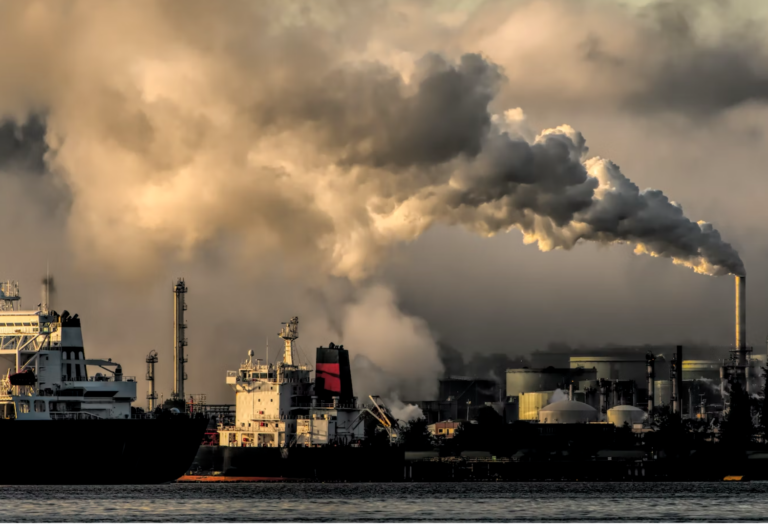Tell EPA to Adopt Strongest Possible Methane Regulations
By: Thomas Hynes

The U.S. Environmental Protection Agency (EPA) recently proposed an updated draft rule to cut methane and other harmful pollutants from oil and gas operations across the country. This represents a huge step forward in addressing the outsized role methane emissions play in accelerating the climate crisis. Cutting methane pollution from the oil and gas industry is the quickest, most cost effective way to slow the rate of climate change and protect our irreplaceable waterways. It also has the opportunity to protect the health and safety of communities across the country. However, first we need EPA to act.
EPA must finalize the strongest possible methane safeguards as soon as possible.
Climate change is already disrupting weather patterns, leading to extreme weather events that cause unpredictable water availability, exacerbate water scarcity and contaminate water supplies. Climate change is projected to intensify short-term drought risk across most of the U.S., and intensify long-term droughts in the Southwest, southern Great Plains, and Southeast. The climate change-forcing effects of methane are already being felt today in the Western United States, specifically in the Colorado River basin water supply system, which supplies water to 1 in 9 Americans. Reservoirs are drying up, threatening the water supply for millions, as well as the local agriculture industry. It is a crisis of increased demand and reduced availability, driven by climate change-fueled drought, leaving the river on the brink of imminent collapse. Climate change-driven droughts can also concentrate contaminate levels, diminishing source water quality and putting more pressure on scarce groundwater supplies.
Finalizing the strongest possible safeguards against methane pollution is critical to advancing environmental justice and protecting our essential water resources from the impacts of climate change. Many of the cities or regions experiencing poor water access or conditions are in predominantly Black or Hispanic communities, according to data from the U.S. Census Bureau. Reducing methane emissions would greatly benefit frontline communities, including many Tribes, which bear the burden of this pollution and its impacts on their water supplies. Anything less is a missed opportunity that will accelerate this crisis, and present dire consequences for the health of our families, our communities, our waterways, and the future of our planet.
Will you join us in leaving comments with EPA urging them to adopt the strongest possible methane safeguards?.
Reining in methane emissions is the key to controlling climate change in the next decade. Methane emissions from fossil fuel extraction represents 35 percent of all human-caused emissions. Even more significantly, methane from fossil fuels warms the planet as much as 38% more than methane from other sources, including the natural world and agriculture and waste. What’s particularly galling is that in the U.S., operators waste roughly 16 million metric tons of methane every year. Protective rules from EPA are vital for curbing the outsized pollution from smaller wells – which provide just 6% of our oil and gas but produce over 50% of wellsite methane emissions nationwide.
The EPA’s updated draft rule improves upon many of the standards in the original draft rule released by EPA last year, including by requiring regular monitoring at all well sites, but it does not go far enough. There is more work to be done – especially on key issues like the wasteful and dangerous practice of routine flaring.
EPA rules must also address emissions from the practice of routine flaring, which researchers recently found emits 5 times more methane than previously thought. In fact, they estimate that flaring nationwide emits roughly 600,000 metric tons of methane – enough wasted gas to power nearly 6 million homes.
EPA should ensure that it is using the full force of the law to establish regular leak monitoring requirements for all oil and gas wells, including smaller, leak-prone wells, imposing strict limits on routine flaring at oil wells, among other key improvements.
That is why EPA must act NOW to implement the strongest possible regulations
By submitting comments, you can let EPA know that routine flaring is unacceptable, not only for our health and the health of our waterways, but also for our economy. We need the Biden administration to use all of its authority to quickly enact strong solutions for pollution to meet the president’s climate, public health, and justice commitments. Please add your name today!
Your supportive action can help encourage EPA to adopt the strongest possible methane regulations.